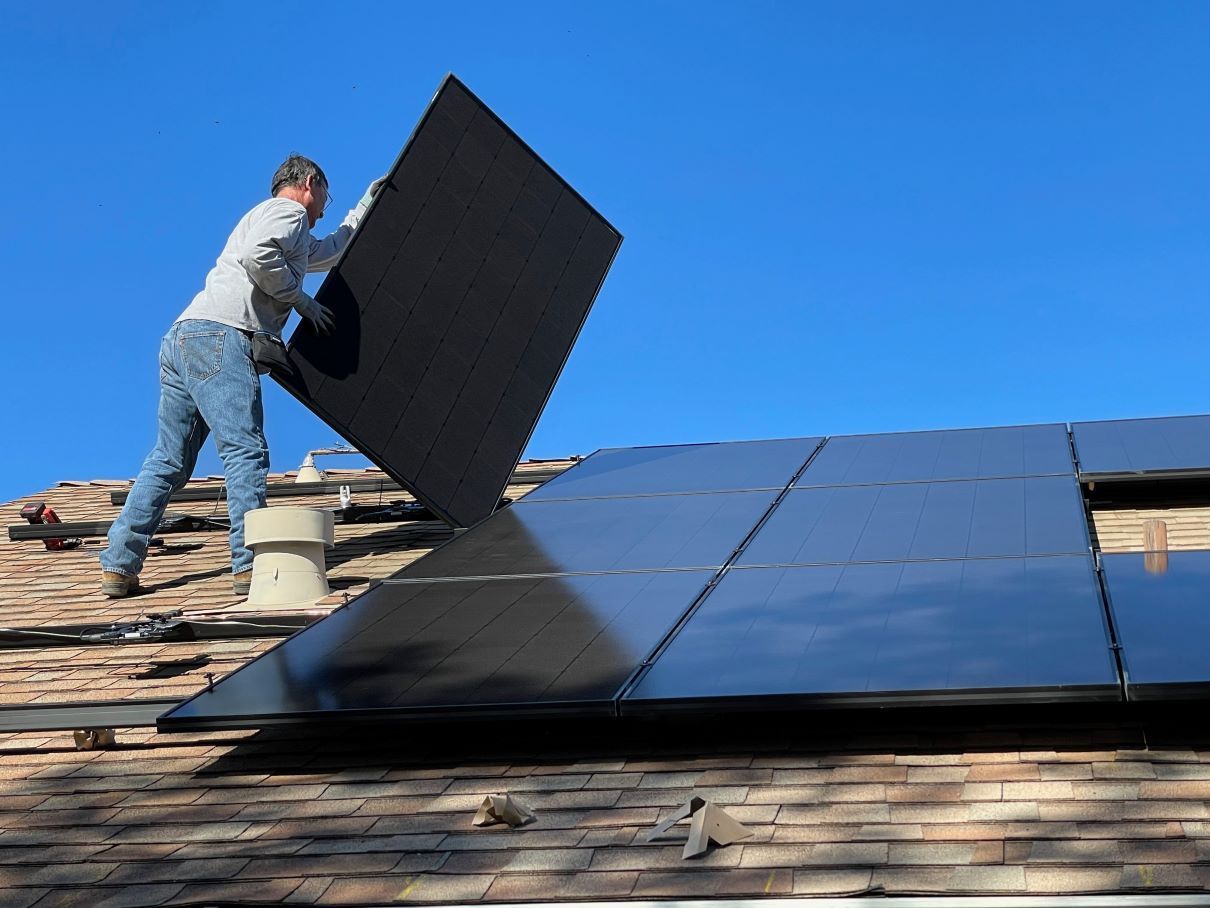What The Lingo Means: First Time Home Buyer
Home Buyer
A first time home buyer can have a great experience by understanding all the lingo. The market in the Upstate of South Carolina is bursting at the seams with young dreamers hoping to make their first home purchase. Renters all over the country are looking to buy, but are instead experiencing the stony truth of the housing shortage across the nation.
According to the Wall Street Journal , 22 of the 50 states in the continental U.S. have built too few houses to keep up with economic growth since 2000. Home construction per household remains near the lowest level within the last 60 years! This creates an unavoidable problem for a new generation that just wants a place to call their own.
If you’re looking to purchase your first home, it’s important to know the lingo! No matter what stage you’re at in the home-buying process, the terms I’ve defined below will help as you learn how to make an offer you’re comfortable with and that the sellers will love. A real estate agent will reference these definitions, it’s nice to understand the ‘simple’ answer.
First Time Home Buyer
THE MONEY
Mortgage
A mortgage is a loan agreement between you, the home buyer, and a bank or other creditor. They lend you the money and you get a home. To repay the bank or creditor for providing this money, the home buyer agrees to pay back the amount they borrow to purchase the home (the principal) plus an additional amount of money as interest
A helpful Loan Calculator is located at http://www.calculator.net/loan-calculator.html
You can change the repayment terms on a loan by choosing a 15-year fixed rate mortgage instead of a 30-year fixed rate mortgage, which means you’ll pay off the loan principal and accrued interest in 15 years instead of 30. This will increase your monthly payment, but will decrease the total amount of interest you pay over the life of the loan. Note: there are many different types of mortgages! While I only mentioned a 15-Year and 30-Year Fixed Rate Mortgage, there are also variable rate and alternative loan programs like FHA (Federal Housing Administration) and VA (Veteran Affairs).
Down Payment
A down payment can be burdensome to a first time home buyer. It is a percentage of your home’s purchase price that you pay up front when you close your home loan in addition to the money you borrow. Lenders often look at the down payment amount as your investment in the home. Not only will it affect how much you’ll need to borrow, it can also influence:
- Whether your lender will require you to pay for private mortgage insurance (PMI). Typically, you’ll need PMI if you put down less than 20% of the home’s purchase price.
- What type of loan is best suited to you, such as a fixed-rate or adjustable-rate mortgage.
- Your interest rate. Because your down payment represents your investment in the home, your lender will often offer you a lower rate if you can make a higher down payment.
Private Mortgage Insurance (PMI)
If you are unable to pay 20% down on your home purchase, private mortgage insurance may be required by your lender. PMI is a special type of insurance to protect a lender (the bank or creditor) against loss if a borrower (you) defaults on your obligation to repay the loan. This type of insurance is costly and is not required if you can afford a 20% down payment.
Even if your lender requires you to obtain PMI, you may not need to carry the PMI over the life of the loan. Check w/ your lender about your options to terminate the PMI once you have achieved a specified level of equity in your home.
Appraised Value
Many lenders require a formal appraisal by a licensed appraiser to ensure the value of your home is at least as great as the purchase price. This appraisal occurs between when your offer is accepted and when you close on the house. While you may have offered $180,000 on a house, if the appraiser returns and says the house is worth $170,000, you either have to pay that $10,000 difference in cash or ask the seller to reduce the purchase price to $170,000.
Learn more about what to do if your home appraised lower than the purchase price here.
Earnest Money
Earnest money is submitted with your offer to demonstrate your intent to follow through with the sale if your offer is accepted. The appropriate amount of earnest money varies from market to market; your realtor can advise on what is customary for your situation. Earnest money can be handled in many ways; the following are common scenarios:
- Allocated to Down Payment or Closing Costs: If all contingencies on your offer are met and you proceed with the purchase of the home, you can allocate this earnest money to your down payment or closing costs.
- Reclaimed: If one or more contingencies on your offer are not met, for instance the home appraises under offer price, or it fails inspection, you typically allowed to reclaim your earnest money.
- Say ‘Goodbye’ (Surrendered): If all contingencies are met but you back out of the contract, you may not be entitled to get your earnest money back.
Closing Costs
These are the costs incurred for the various expenses involved in the home buying transaction like title insurance, loan origination fees and appraisal fees. These costs vary widely from transaction to transaction. Your realtor and lender can assist you with learning more about the closing costs for which you will be responsible, but you can safely assume an average between 2%-5% of the purchase price.
Remember, you as a buyer are responsible for paying your closing costs in addition to your down payment. So while you might have $30,000 saved up for a 20% down payment, you will also need additional funds to afford closing costs.
THE TACTICS
Closing Date
The closing date is the date sign all the documents necessary to officially purchase a house. This is typically about a month after your offer is accepted. However, do not confuse this date with possession date, which is defined below.
Possession Date
At closing, you officially own the property. However, you may have agreed in your purchase agreement to allow the former owners to keep possession of the property until a later date. This means that although you have paid the down payment, paid closing costs, and are now responsible for the mortgage, you still do not have the right to move into your new home.
Possession dates that don’t line up with the closing date generally occur because the sellers need time to find a new place to live. However, the buyer must agree to a later possession date as part of the purchase agreement in order for the seller to retain possession of the property after the closing.
Inspection
A home inspection is a non-invasive, examination of the condition of the house that is designed to identify any problem areas with the property. The home inspector typically looks for evidence of insect, water or fire damage that may affect the value of the property. They will likely check heating, cooling, electrical and plumbing systems. They also may check structural items like the floors, walls and ceiling as well as the roof and attic. If your house has a basement, it should be examined for leaks and to make sure it has the proper supports in place. Remember, a home inspection is an examination of the property’s condition, and is not the same thing as a home appraisal (see definition above).
If your inspector finds damage in the home, you may be able to negotiate that the seller fix the issues or agree to a lower purchase price.
Buying a house is complicated! But once you find the one that makes you feel at home, the headaches
seem to be worth it.
The post What The Lingo Means: First Time Home Buyer appeared first on Select Source Insurance Group.






